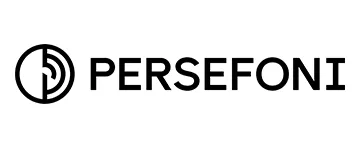Persefoni AI’s Perspective on Advancing Disclosure of Sustainability-Related Information and SMBC’s Decarbonization Initiatives
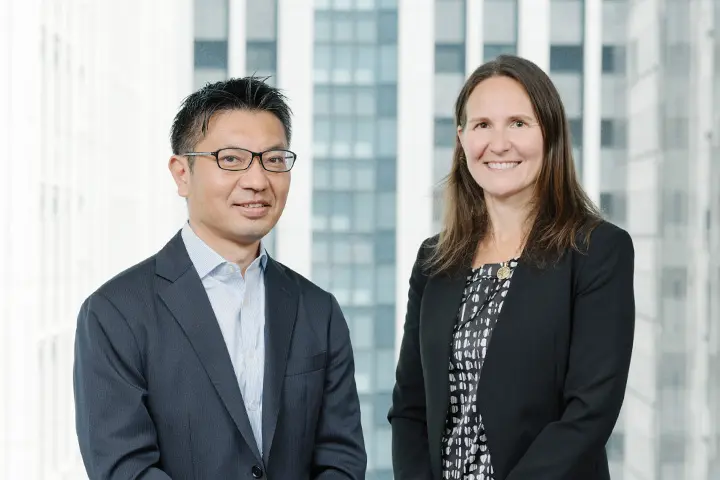
Climate change is an issue that now urgently requires action at the global level. With the prospect of more countries worldwide making it mandatory to file sustainability-related disclosure reports in a bid to decarbonize their societies, corporate initiatives to tackle climate change are approaching a pivotal juncture.
Aiming to be the “first-call bank” concerning decarbonization, Sumitomo Mitsui Banking Corporation (SMBC) is implementing a range of initiatives leveraging digital transformation (DX). Having formed a strategic partnership with Persefoni AI, Inc. of the US, a global leader in climate management and accounting platforms, we are now collaborating with the company to offer the Persefoni greenhouse gas (GHG) emissions calculation service for global corporations.
- SMBC’s Digital Solution for Reducing GHG Emissions
- Mandatory Disclosure of Sustainability-Related Information Advances Worldwide
- Individual Companies’ Initiatives to Achieve Societal Decarbonization
- Plan for Fulfilled Growth
Aiming for Societal Decarbonization by Assisting Customers in Transitioning
SMBC’s Digital Solution for Reducing GHG Emissions
SMBC aims to assist its customers with their decarbonization using digital decarbonization solutions. One such solution is the cloud-based Sustana service, which presents companies’ GHG emissions in visual form.
We provide Sustana for customers who want to calculate their emissions primarily within Japan and offer the Persefoni GHG emissions calculation tool created by Persefoni AI to customers that operate their businesses globally and financial institutions that need to calculate the emissions of companies they loan to and invest in. Persefoni AI is a global leader in climate management and accounting platforms that leverages its extensive range of capabilities and advanced data analysis to assist customers with their calculations, thereby accelerating their decarbonization initiatives.
In the fall of 2021, SMBC invested in Persefoni AI and started working in partnership with the company in 2022.
Mandatory Disclosure of Sustainability-Related Information Advances Worldwide
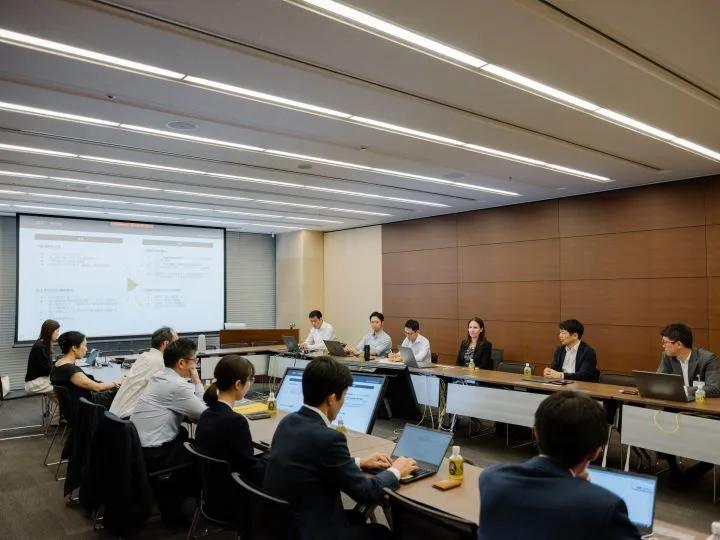
At the end of June 2023, the International Sustainability Standards Board (ISSB) announced international standards for sustainability-related disclosure. This announcement affected capital markets worldwide, and SMBC and Persefoni sought to enable debate on the impacts by organizing a discussion session regarding the latest regulatory trends in decarbonization globally and their effects on customers.
The session was led by Emily Pierce, who previously performed an extremely important role in the US Securities and Exchange Commission (SEC), dealing with problems related to climate-related disclosure and collaborating closely with regulators and standard-setting bodies all over the world to develop the SEC’s framework for information disclosure. She subsequently moved to Persefoni AI and now serves as the company’s Chief Global Policy Officer. In this role, she determines the direction in which Persefoni should proceed in light of international initiatives and trends at regulators around the world to assist companies with their decarbonization.
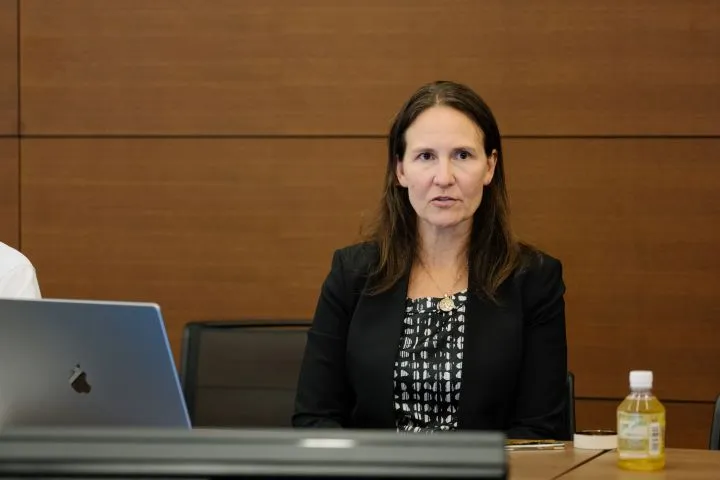
As demand for decarbonization accelerates globally, the need for action on sustainability will grow more and more. Since leaving the SEC, my work at Persefoni AI has entailed informing customers about decarbonization-related regulatory trends and advising them on how to address these trends from a corporate perspective.
In the past, climate change and other sustainability-related matters were regarded simply as societal issues. Then, climate change came to be seen as equivalent to financial risk, and disclosure of climate change-related information started at a rapidly increasing pace. It was in this context that the Task Force on Climate-related Financial Disclosures (TCFD) was established, and the TCFD framework spread as a single worldwide framework. Despite this framework becoming the norm within the capital markets, however, it was employed in a whole range of different ways, and disclosure remained voluntary.
In June 2023, the ISSB sought to bring order to this confusing situation by announcing the final version of its sustainability standards. Going forward, the TCFD disclosure framework will supersede the ISSB framework, and the filing of disclosure reports will increasingly become mandatory. The three key points to note about the ISSB standards are as follows:
- Disclosure will become mandatory for the full spectrum of emissions including scope 3
- Climate-related reports will have to be submitted at the same time as financial reports
- Internationally, the new standards will start to be applied to disclosures from 2025, but within Japan the standards are due to be applied from March 2026 onward
Previously, a plethora of disclosure standards existed, but from now on the ISSB standards will provide a new “shared language” in the sustainability space. These standards have one objective: to make comparable data more widely available, not only for investors but also for consumers and for players in the value chains linked to companies. The reason the ISSB is highly regarded is that it is capable of stabilizing the markets. The ISSB will continue fulfilling its role to ensure that companies can disclose the information necessary for investors accurately using the required framework. Switching to the shared language of the ISSB standards should facilitate smooth communication in the world’s markets.
It has been announced that regulators in each country will set regulatory requirements conforming to the ISSB standards. Japan has been a leader in this field, spearheading discussions at the ISSB, and Japan, too, will set new disclosure regulations based on the ISSB standards. Hong Kong and Singapore have already announced that reporting in their countries will conform with ISSB standards from now on, and other countries are planning to follow suit regarding ISSB compliance.
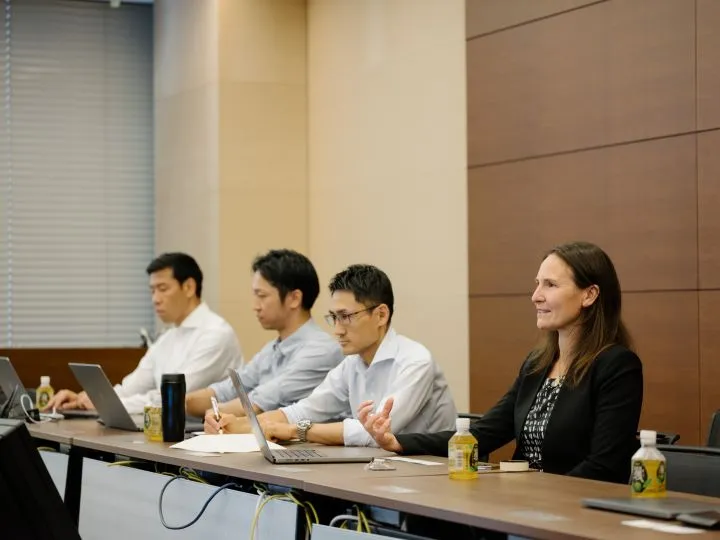
In the EU, the Corporate Sustainability Reporting Directive (CSRD) took effect in January 2023. The EU could also be described as a leader in the sustainability field, and the CSRD is an extremely far-reaching regulation. Matters requiring disclosure comprise not only calculations of emission volumes but all aspects of sustainability, and given that the CSRD covers companies both inside and outside the EU, the number of companies required to disclose information is huge. It is anticipated that many Japanese companies will also be affected.
In the US, on the other hand, the SEC leads the sustainability reporting field. The SEC’s rules are not yet in their final form and are due to be finalized during or after fall 2023, but the existence of litigation risk means that the extent to which scope 3 will be included in disclosure requirements has become a political issue. Now that both the ISSB standards and the CSRD have been finalized, some US companies are required to comply with these regulations, so an increasing number of US companies are starting to report on sustainability anyway, without waiting for the SEC to finalize its rules.
One key issue from now on will be the requirement for third-party assurance regarding disclosed data. The International Auditing and Assurance Standards Board (IAASB) is due to compile a standard stipulating the form of assurance companies should provide for their disclosed information following regulatory reporting.
However, it is not only regulations such as this that will require companies to disclose information. Canada has instituted rules specific to the banking industry and securities companies that require financial information to be accompanied by disclosure of GHG emissions volumes at companies to which investments and loans are provided or fund investees. Going forward, I think this movement toward requiring disclosures specific to financial institutions and funds will occur worldwide.
Another key issue is that companies will be called on to upgrade the quality of their disclosed data. This will mean boosting accuracy by obtaining primary data and improving GHG reduction targets. Ultimately, it will be necessary to accurately calculate the GHG emissions of companies to which investments and loans are provided, which corresponds to category 15 of scope 3.
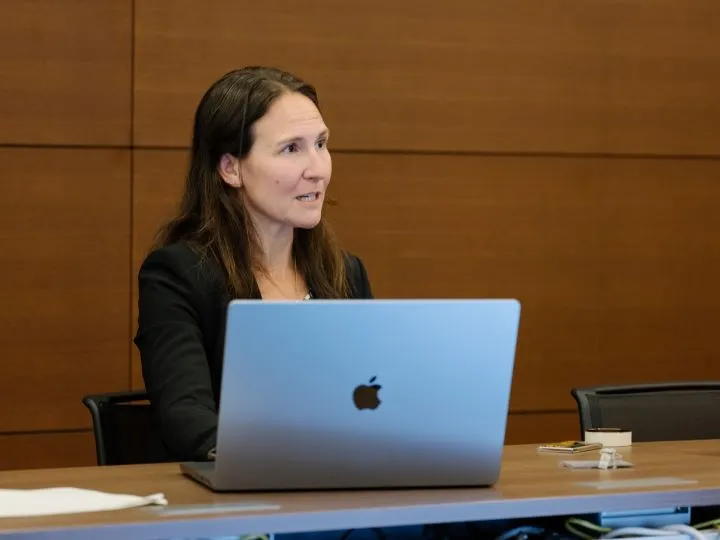
Individual Companies’ Initiatives to Achieve Societal Decarbonization
On July 12, 2023, Emily Pierce was the keynote speaker at a joint event organized by Persefoni AI and NTT Communications Corporation entitled “Decarbonization Society Accelerated by Diversity and ESG: Women in Leadership.” The second part of the event featured a panel discussion by women leaders working in the sustainability field in a variety of companies; the discussion was facilitated by Yuki Takeda, head of the Sustainability Promotion Office in the Corporate Strategy & Planning Department of NTT DOCOMO, INC. Some of these companies’ decarbonization initiatives are described below.
Panelists
- Yue Liu, Senior General Manager, Sustainability Office, OMRON Corporation
- Yuka Suzuki, General Manager, Sustainability Department, Dai Nippon Printing Co., Ltd.
- Seira Tsutsumi, Digital Garage, Inc.
- Nozomi Mizuno Witherspoon, The Japan Research Institute, Limited
- Mayumi Ishikawa, Sustainability Team, Strategic Management Office, Mercari, Inc.
Comparing the situation before and after you started societal decarbonization initiatives, how did your organization and company change?
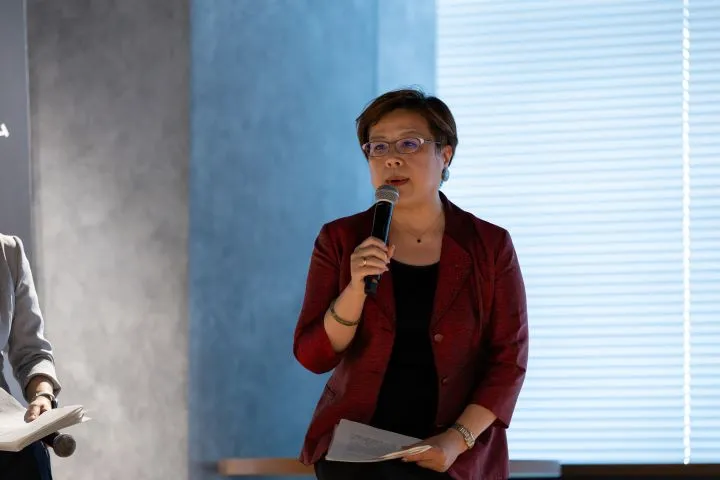
Change is certainly occurring in a whole variety of respects. Among these changes, a firm commitment at the senior management level to take action on the environment has been key, as has the disclosure of information. And in addition to these changes, we must ensure robust growth in our business. At Omron, we are taking advantage of this opportunity to improve both environmental measures and production efficiency in our model plants.

As an IT company, we have no manufacturing plants of our own, so the action we can take to reduce our own emissions is limited. So, as one of our shared corporate values, we are striving to increase our contribution to the environment and emissions reduction, thereby increasing our positive impact. Our entire company is working to help establish a recycling-oriented society by growing Mercari’s business.
What obstacles might companies face in implementing initiatives to promote society-wide decarbonization?
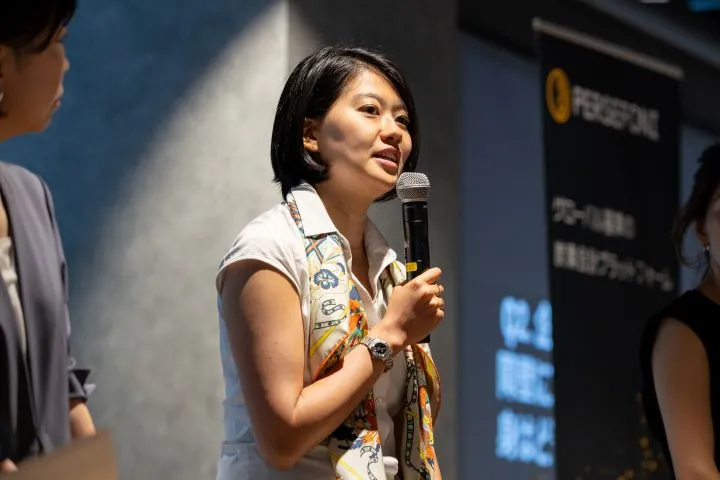
In Japan, I feel that awareness of the significance of individual efforts to preserve the environment is still limited, and that is the case among corporate executives, too. Going forward, it will be important to take action that minimizes impact on the environment while maintaining our quality of life. In light of this, Digital Garage is seeking out and investing in start-ups with innovative technologies and business models related to environmental, social, and governance (ESG) fields, accompanying them on the journey to real-world application of their technologies or business models.
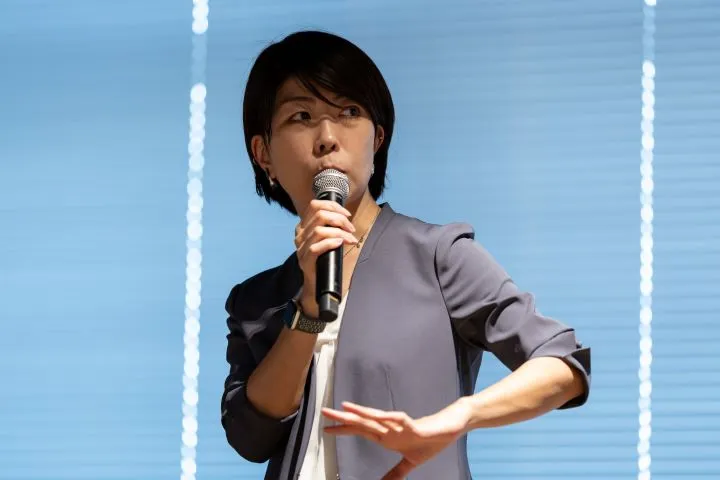
In the past, managing a company was regarded as being a matter of simply setting business targets and meeting them. Now, however, companies need to ensure a connection between their business strategies and their environmental measures. But how can our company align the environmental approaches of all our 60-plus plants throughout Japan while also maintaining business growth? And, as a company that has pursued environmental initiatives for many years, how can we change how we do things? These are challenges we need to overcome. And overcoming them will require grass-roots efforts: We must go from one plant to another, communicating just how committed the president and the company are to our environmental initiatives.
Which companies in Japan or overseas are successful examples of the impact economy concept? Are there companies that are particularly suited or not suited to such an economy?
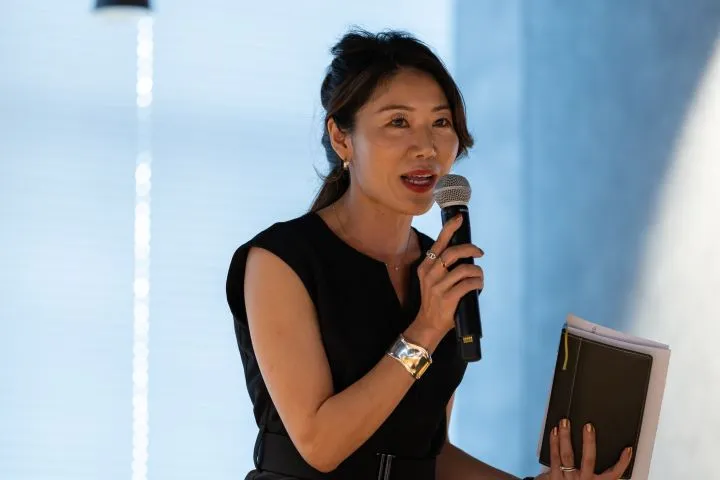
To start with my own interpretation of an impact economy, I think that companies in such an economy would tend to be more society-driven and purpose-driven rather than profit-seeking, and the more business they did, the more positive impact they would generate. In Japan, one such company would be Mercari, and an overseas example might be the Allbirds sneakers brand, which originated in San Francisco. In terms of what makes a company suited, or not suited, to advancing an impact economy, I think companies that are successfully visualizing and benchmarking their initiatives are suited. On the other hand, a company that is not motivated to visualize its initiatives will likely be limited in its capacity to contribute to such an economy.
Plan for Fulfilled Growth
Aiming for Societal Decarbonization by Assisting Customers in Transitioning
Finally, we asked Masayuki Takanashi, SMBC Group Chief Sustainability Officer (CSuO), about the future outlook in terms of how the Group will support its customers’ decarbonization efforts as decarbonization-related regulatory disclosure increasingly becomes mandatory worldwide.
This fiscal year, SMBC Group announced its new Medium-Term Management Plan: “Plan for Fulfilled Growth” and at the same time designated “Environment” as one of the new priority issues we must seek to address. To tackle climate change, SMBC Group set itself the goals of achieving net zero for scope 1 and 2 emissions (i.e., our own GHG emissions) by 2030 and net zero for scope 3 emissions (i.e., emissions throughout our entire loan and investment portfolio) by 2050.
Achieving societal decarbonization requires financial institutions to financially support their customers’ efforts to make a transition that supports GHG reduction and pursues technical innovation. SMBC intends to accelerate further the pace of society-wide efforts to improve sustainability through its goal of providing 50 trillion yen in sustainable finance by 2030.
In addition to this, we will offer all-around support to our customers from the first step of their decarbonization journey until they achieve their goals by providing them with Sustana, Persefoni, and an array of other non-financial services that facilitate decarbonization.
To create a world that exists in harmony with nature by 2050, the international target year for achieving net zero, and to fulfill our responsibility to future society, we will continue aiming for societal decarbonization by assisting customers in transitioning.
-
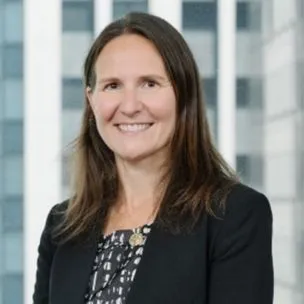
Chief Global Policy Officer, Persefoni AI, Inc.
Emily Pierce
Before joining Persefoni, Ms. Pierce worked at the US Securities and Exchange Commission (SEC), where she was responsible for climate-related disclosure and coordination between the SEC and individual regulators. During her time at the SEC, she served as co-chair of the Sustainable Finance Task Force at the International Organization of Securities Commissions (IOSCO) and contributed to establishing the ISSB. At Persefoni, she assists companies in conforming to the rapidly changing international disclosure rules relating to climate change-related information. Moreover, such assistance goes beyond mere regulatory compliance to also support Persefoni’s clients and partners in utilizing best practices when calculating, managing, and reporting their emissions.
-

Executive Officer, Group Chief Sustainability Officer (CSuO), Sumitomo Mitsui Financial Group, Inc.
Masayuki Takanashi
In April 2022, Mr. Takanashi became general manager of the Corporate Sustainability Departments in Sumitomo Mitsui Financial Group, Inc. and SMBC, and took on the concurrent position of Group CSuO in April 2023. Having joined Sumitomo Bank (now SMBC) in 1993, he led the production of the Group’s first integrated report (published in 2016) while working in the Planning Department. He also promoted sustainable finance in the Europe, Asia, and Middle East regions as SMBC’s Joint General Manager of European Sales Group 5. Since taking up his current post, he has overseen the entire Group’s sustainability strategy.

